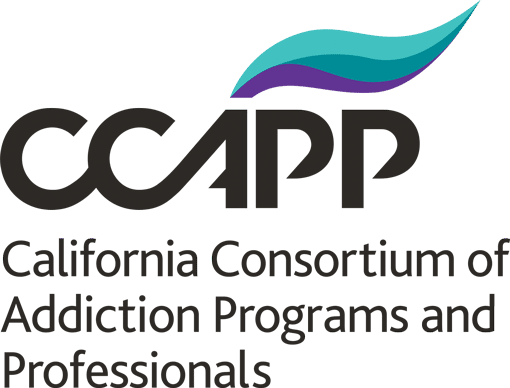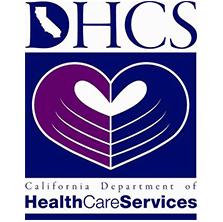
Like any other community, Pentecostal Christians are not immune to the struggles of drug and alcohol addiction. Keep reading to learn more about the Pentecostal perspective on rehabilitation.
Pentecostalism and the Assemblies of God
If you are not familiar with Pentecostalism but are seeking your place in Christianity and are interested in learning more about this branch of Christianity, keep reading.
Pentecostalism
Pentecostalism, a Protestant Charismatic Christian movement, traces its roots to the early 20th century. Charismatic Christianity highlights the importance of spiritual gifts as an everyday part of a believer’s life. These include:
- Miracles
- Signs
- Wonders
- Prophecy
- Healing
Pentecostals emphasize a direct, personal experience of God through baptism with the Holy Spirit and value spiritual renewal through repentance and acceptance of Jesus Christ as a personal Lord and Savior.
The Assemblies of God
With close to 13,000 churches in the U.S. and nearly 3 million members and adherents, the Assemblies of God holds the distinction of being the world’s largest Pentecostal denomination.
Pentecostals embrace the “Four Core Beliefs”:
- Salvation
- Baptism in the Holy Spirit
- Divine Healing
- The Second Coming of Christ
Pentecostal Beliefs on Addiction and Rehab
Pentecostals, rooted in a personal connection with God through the Holy Spirit, consider the Bible to be the guiding force in their lives. The movement marks the day of Pentecost, a significant event when the Holy Spirit descended upon the Apostles and their followers. Baptism in the Holy Spirit is important for Pentecostals because it symbolizes entrusting control to the divine.
In Pentecostal drug and alcohol rehab, practitioners couple this spiritual foundation with standard treatment methods, creating a holistic approach to recovery.
Pentecostal Views on Drugs and Alcohol
Pentecostal Christians advocate for complete abstinence and consider the human body to be a sacred vessel. They honor God through purity. Pentecostals, who base their beliefs on the Bible, think that even moderate drug use can result in bad habits. In particular, alcohol is thought to impair judgment, arouse passions, and incite violence. It can also result in addiction and moral collapse.
While the Bible does not explicitly mention drug use, Pentecostals are opposed to the all-encompassing control that drugs can have over an individual:
- Disrupting focus on work
- Destroying relationships
- Compromising spiritual well-being
Pentecostal Drug and Alcohol Treatment
Pentecostal drug and alcohol rehab is rooted in the belief that addiction affects not only the individual but also the spiritual and physical realms. Pentecostal rehab facilities take a holistic approach, treating the mind, body, and spirit, because they understand how these dimensions are interconnected.
Treatment involves prayer, reflection on the afterlife, and faith as catalysts for a fulfilling life. Complete abstinence is the ultimate goal, sustained through regular prayer and worship. Prayer serves as a meditative practice that fosters faith in the recovery journey. Daily prayers for protection, gratitude, and reliance on God’s support create a sense of constant comfort, protection, and well-being.












